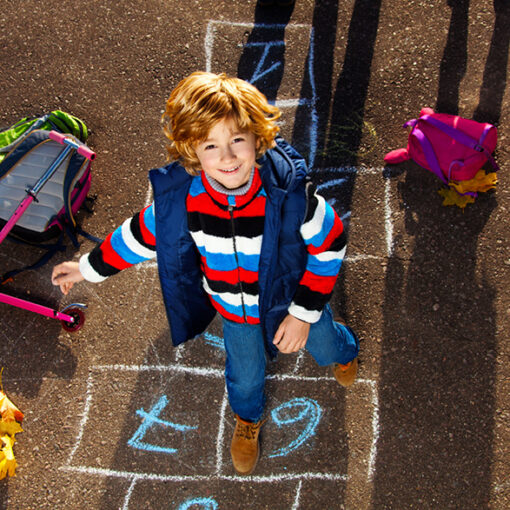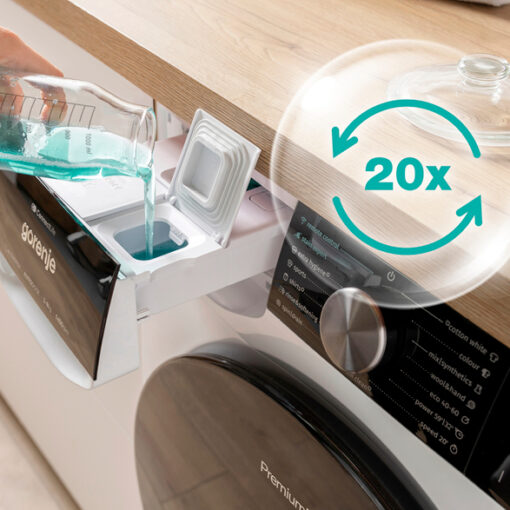The ideal family chores and tasks list

January is all about new beginnings, new projects, promises, goals, and, yes, family chores. By helping out at home, children learn ever-important life skills, develop social interest, and feel more capable in general. Getting things done as a family will strengthen every bond there is.
First thing first – the preparation of the family task list. Brainstorm it together with kids. Write down every idea, discuss it, and make a selection. By creating a family chore chart every household member will do his or her part in keeping the home clean and organized. With bigger jobs or tasks sharing the workload is in order.
Smaller tasks, smaller resistance
To kids, especially teenagers, some household chores might feel overwhelming or redundant and parents might encounter some resistance. Such situations are best avoided with some planning and explanation. It is a good idea to break the tasks down and work them into daily, weekly, or monthly lists. Once children see how little time it actually takes to perform a certain task, keeping a clean home won’t be a problem anymore.
How about a task wheel?
Getting the children involved can be helped a great deal by the creation of a simple job wheel. Since some jobs are easier for the children (to learn) start with those. For example, easy daily or weekly tasks are doing the dishes, taking out the trash, feeding the pet or any other household animal, watering the plants, etc. You can make a job wheel for daily tasks and another for weekly tasks. A combined job wheel for all family members will work too. Or, maybe, kids have their job list and parents have another. Where to put it? Having a job wheel on the refrigerator is a good idea – probably every household member will come across it during the day.
Follow-up on tasks
In the beginning, parents might need to do more job follow-up. Just to see how the children have performed them. And course correct, if necessary. Be patient. Nobody was born smart, we had to learn everything. If the kids made a mess or took on the task in the wrong way, calmly explain what the problem is and how to do things right. Don’t forget to tell your kids when they did a good job too.
Feedback is important
Parents should listen to what kids have to say about chores. Not every complaint is born out of laziness or lack of energy. Kids have ideas too. Even really great ones. Teach your kids how to do the dishes, use the dishwasher, maybe even the washing machine. We know, it is a scary thought. Once the kids are old enough, they will understand what high temperature and a detergent overdose do to clothes and that all pockets must be emptied before turning on the washing machine.
Roll the dice
Another interesting idea, definitely worth implementing, is to have a daily chores list and hand them out on a roll of a dice basis. Even better, if there are less than six daily tasks, reserve the number six for a free pass. When the kid (or a parent) rolls a six he or she gets to do nothing. Of course, every number only counts once, the first time it’s rolled.
Value creation
Every parent out there wants to teach his child or children the value of work. That’s why family chores are so valuable. Contributing, in any way, to the family will instill a sense of purpose and belonging for kids. And make parents proud.
Life is complex. Let's make laundry simple.
Gorenje WaveActive washing machines are made to get the dirty work done in an effective, easy-to-handle and eco-friendly manner. WaveActive washing features include cutting-edge cleaning technologies:- Uniquely designed drum with special wave-shaped 3D ribs for the softest garments treatment
- IonTech using the power of ions, thus ensuring optimum washing results
- SteamTech effectively rehydrating and breaking down the dirt






